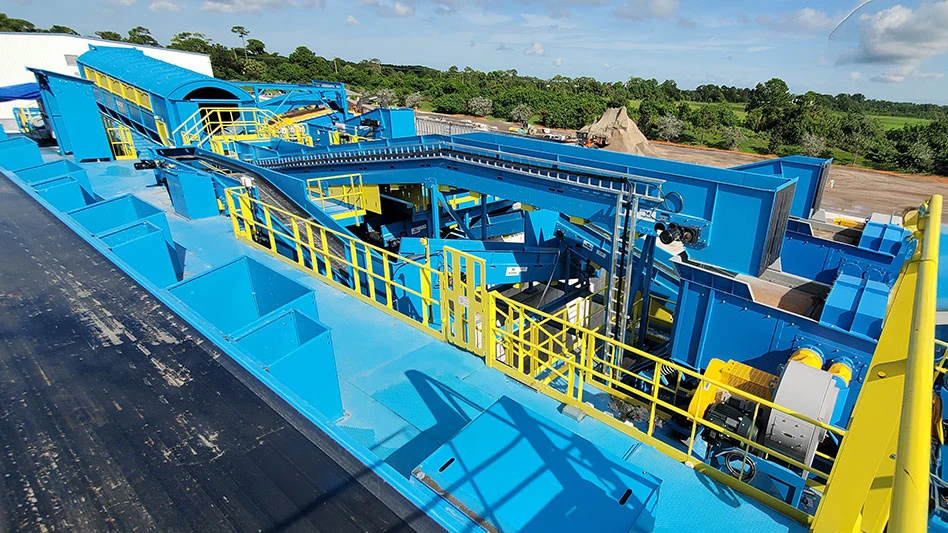Left behind, however, are many empty bottles that held water, juice, tea and sports drinks, in addition to the newspapers, magazines, tin cans and glass not covered by any deposit.
After years of talk about improving the deposit law, expanding it or considering other recycling options, the state Senate has formed a task force to make recommendations about possible changes.
Some conservation groups want the bill expanded to include beverage containers for water and tea, among others. Some business groups suggest creating centers that take many sorts of recyclable refuse instead of having retailers only accept the containers of the beverages they sell.
The task force, formed by Senate Majority Leaders Ken Sikkema, R-Wyoming, will have a series of public hearings in February and is expected to make recommendations in the fall.
Sen. Jud Gilbert, R-Algonac, is one of the seven Republican senators on the task force. "I'm going to go into it with an open mind," he said.
Gilbert said while the deposit bill has meant much less litter along Michigan's roads, it's also meant large costs to retailers.
By state law, 75 percent of unclaimed deposits go to environmental programs and 25 percent to beverage retailers to help cover the cost of collection.
Changes pushed
The task force chairman, Cameron Brown, R-Fawn River Township, has said he will do a "comprehensive review" of Michigan's recycling programs because the state ranks in the bottom half nationally among states in recycling.
Michigan retailers and beverage companies have pushed changes in the deposit law, citing the cost of the program, unsanitary conditions caused by the containers and increased beverage costs to consumers. They said other programs could be more efficient and improve the state's recycling levels.
"As a state, we're way behind other states in recycling," said Mary Dechow, director of governmental and regulatory affairs for the Spartan Stores grocery chain. "It's time the state takes a look at the whole big picture."
Plus, advocates for change cite how the deposit law now covers about 1 percent of household waste that flows into landfills, expanding the program would add less than 1 percent.
One solution for increasing the overall recycling rate, advocates said, is to incorporate bottles and cans into curbside recycling programs or stress community recycling efforts. They said aluminum is the most profitable resource to recycle.
Litter removed
The law has meant hundreds of millions of cans and bottles haven't littered roads and waterways, said Dennis Fox, policy director for the Michigan United Conservation Clubs.
"Not only is the bottle bill a recycling bill, it's a litter bill," Fox said. "When the bottle bill passed, the biggest source of litter was bottles and cans."
The state already has expanded the law to include wine coolers and mixed drinks, Fox said, so retailers also could deal with the added cans and bottles of fruit juice, tea, water and sports drinks. Fox said his group wants to help businesses make collection more efficient.
"We want to work with them if they're having problems to make the system work as easy as possible," he said.
The deposit bill works fine for Karen Kean, 29, of Emmett Township. She'd like to see it expanded to include more bottles. Sometimes helped by her daughters returning pop cans, Kean said living in a rural area makes it hard to recycle items
"Now that we moved out here, it's not as easy to do," she said. – (Port Huron, Mich.,) Times Herald
Latest from Recycling Today
- Greenwave raises revenue but loses money in Q2 2025
- Recycled steel prices hold steady
- EY says India’s need for scrap imports will continue
- Coming full circle
- Amcor, DCM introduce fertilizer packaging with 35 percent recycled content
- Comstock Metals gets closer to commissioning commercial-scale solar panel recycling facility
- Washington selects Circular Action Alliance as PRO
- Smurfit Westrock expands in Latin America





